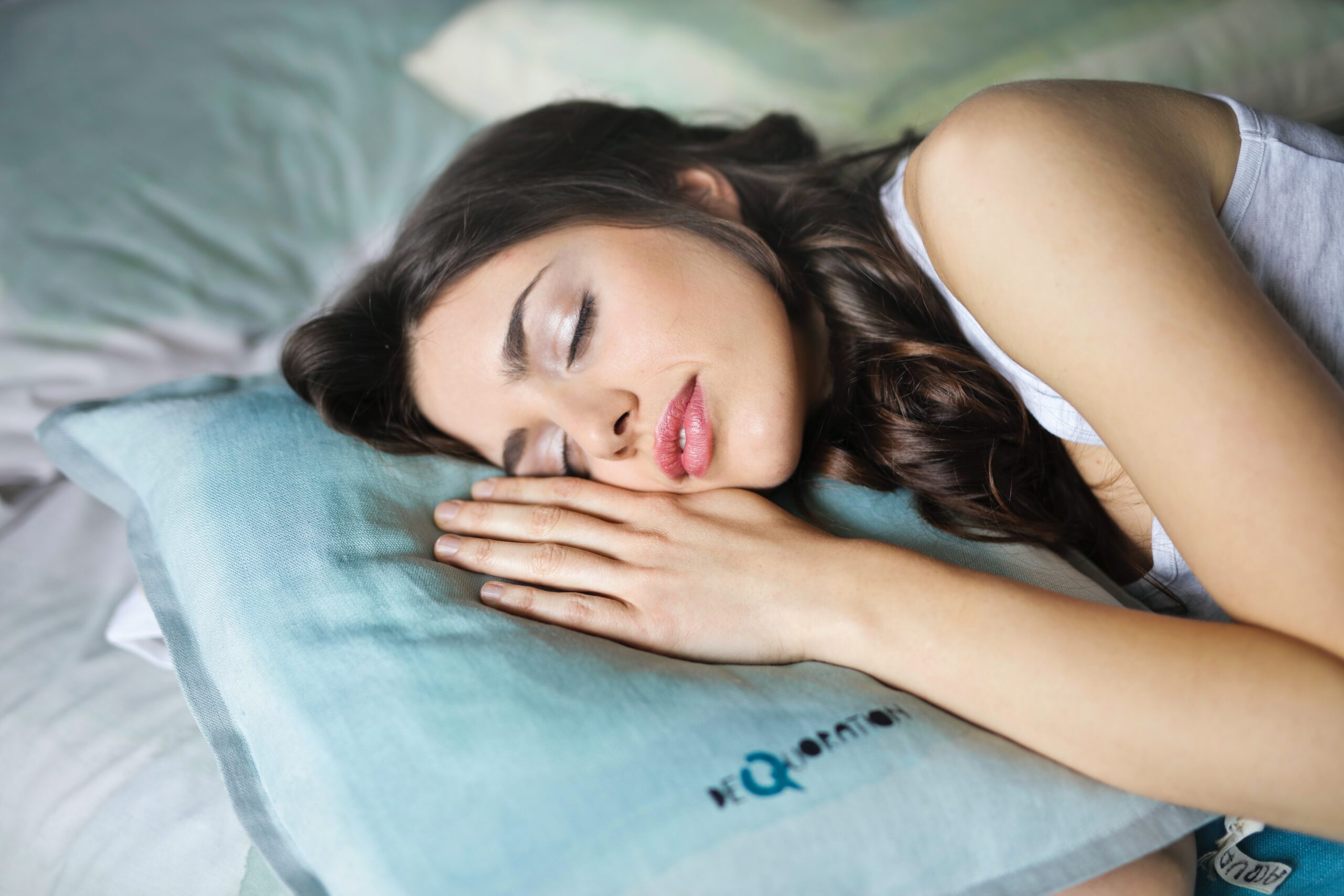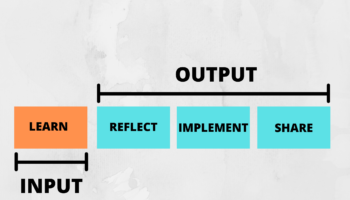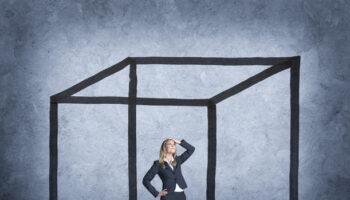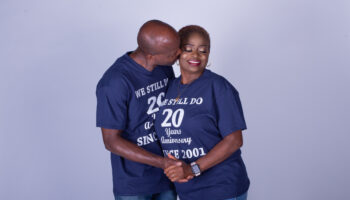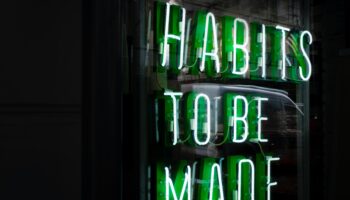Why you should take regular naps for better health and creativity
Research in the last couple of years has strongly supported the case for regular naps pointing to a number of health benefits associated with napping.
WebMD in a recent article, “America, It’s Time for Your Nap” makes the case that a workday snooze can relieve sleep deprivation and boost productivity.
According to the article, people don’t nap to recover from last night’s party. They nap to make up for early-morning commutes, long work hours, and too many responsibilities at home. After a little nap, they feel more alert and do a better job.
If you work in a corporate office, I’m sure you have had your struggle with falling asleep on the job. To deal with this, we look for ways to get some shut-eye for a few minutes. We slip into storage rooms. We sneak to the car. And some lock the bathroom stall just for a few minutes of nap time.
With many of us working from home these days, we no longer have to sneak away to get a nap. We can now intentionally plan our nap times when we can at the comfort of our beds or sofas. I have certainly done this a few times to get a boost in productivity.
Even though there is strong research to support the many benefits of taking naps, it is still not widely accepted as a part of our working life in most North American companies. A few American companies are changing their personnel rules to allow a daily nap. The U.S. trucking and rail industries have instituted napping policies. And in some Asian companies, a nap is required.
In his book Essentialism, Greg McKeown makes a case for sleep and naps in his chapter on sleep. He writes:
“Even a brief period of deep sleep, in other words, helps us make the kinds of new connections that allow us to better explore our world. In a nutshell, sleep is what allows us to operate at our highest level of contribution so that we can achieve more, in less time.”
He goes on to say that the essentialist knows:
One hour more of sleep equals several more hours of much higher productivity.
Sleep is for high performers.
Sleep is a priority.
Sleep breeds creativity.
Sleep enables the highest levels of mental contribution.
“Each night, when I go to sleep, I die. And the next morning, when I wake up, I am reborn.” — Mahatma Gandhi
Daniel H. Pink in his book, When, writes about the necessity of nap-taking. He says research shows that naps give two key benefits:
- Improve cognitive performance
- Boost mental and physical health
He cites a number of research studies in his book, one of which is a Greek study, which followed more than 23,000 people over six years. The study found that controlling for other risk factors, people who napped were as much as 37% less likely as others to die from heart disease, ‘an effect of the same order of magnitude as taking an aspirin or exercising every day.’ Napping strengthens our immune system.
Daniel provides the following tips for taking an effective nap:
- Take a nap 6–7 hours after waking: Pink claims your optimal nap time is about 7 hours after waking. This is a time that is consistent with the recommendation by sleep.org. Sleep.org says the best hour for most people to nap is between 2:00 pm and 3:00 pm. That’s because you’ve already eaten lunch and your blood sugar and energy levels will naturally start to dip. In fact, your body clock is often programmed to make you feel a little sleepy in the middle of the afternoon. If you try to nap earlier, your body might not actually be ready for more sleep.
- Give yourself a few minutes to fall asleep: It takes most people about 7 minutes to fall asleep
- Keep it between 10–20 minutes: 10-minute naps had positive effects that lasted nearly 3 hours. Pink’s research shows naps under 10 minutes aren’t effective and beyond 30 minutes starts to result in grogginess. Sleep.org suggests 20 to 30 minutes as the best time for naps.
- Make it a “nappuccino” for maximum effect: It’s a cup of coffee followed by a nap. Caffeine takes about 25 minutes to enter your bloodstream, so you wake up from your nap with an extra boost.
Final Thoughts
For most of us, we still live with the stigma of naps = laziness. As a result, we don’t take naps at work. I’m certainly guilty of this.
We have to start intentionally blocking time in our calendars for daily “power naps.” We must realize the benefits associated with napping, one of which is increased productivity at work.
P.S. Do you know I have a new book that can help you accelerate your wealth in a tax-efficient way? Check out my new book, Tax-Efficient Wealth, to learn how you can build wealth quickly using strategies that will save you a ton in taxes.

